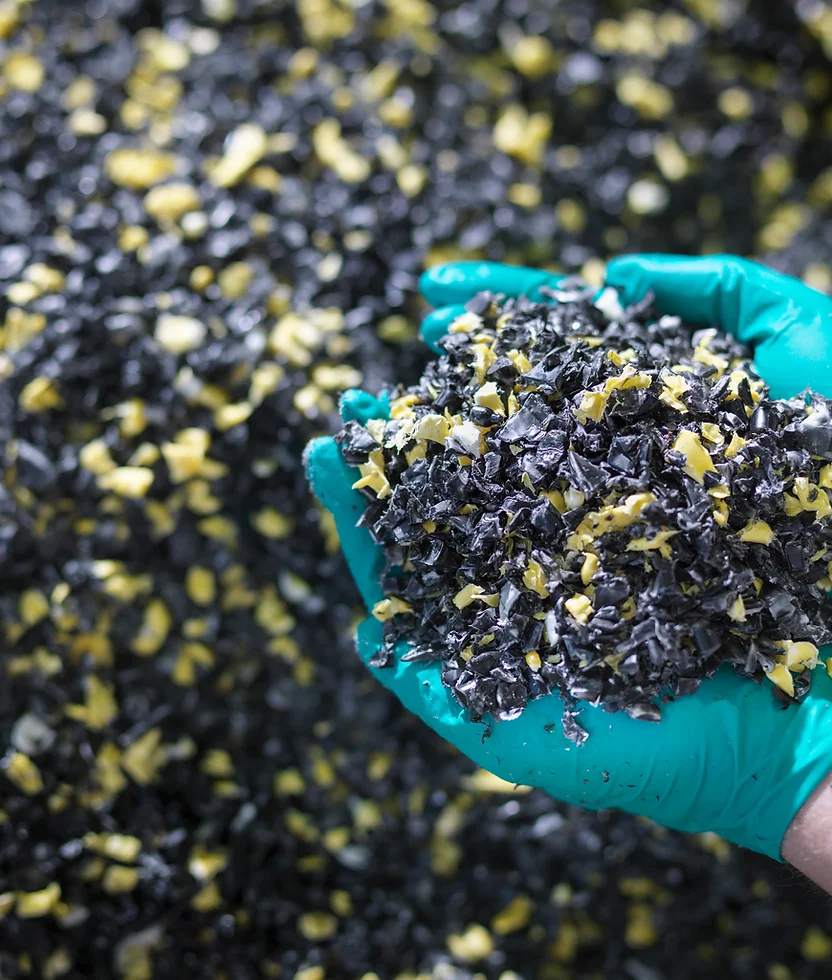JOIN EZCOMPOSTR

- ezcompostr.sg@gmail.com
JOIN EZCOMPOSTR
Collaborate with us and you can be a part of a big change to the environment

Frequently Asked Question!
A composter is a device or system designed to break down organic materials, such as food scraps and yard waste, into nutrient-rich compost. It works through a natural process called composting, where microorganisms like bacteria and fungi break down the organic matter into a humus-like material that can be used to enrich soil.
You can put a wide variety of organic materials in a composter, including fruit and vegetable scraps, coffee grounds, eggshells, yard waste like leaves and grass clippings, and small amounts of paper and cardboard. Avoid adding meat, dairy, and oily foods, as they can attract pests and slow down the composting process.
The time it takes to make compost in a composter can vary depending on factors like the size of the composter, the mix of materials, and environmental conditions. Typically, it takes between 2 to 6 months to produce usable compost. Regular turning or aerating of the compost pile can help speed up the process.
Compost is a valuable soil amendment that enriches soil with essential nutrients, improves soil structure, and enhances water retention. It also helps suppress plant diseases, reduces the need for chemical fertilizers, and promotes healthy plant growth. Compost is environmentally friendly as it reduces waste sent to landfills and decreases the need for chemical fertilizers.
When properly maintained, composters should not produce strong odors or attract pests. To minimize odors and pest issues, avoid adding meat, dairy, or fatty foods, and maintain a balanced mix of greens (nitrogen-rich) and browns (carbon-rich) materials. Regularly turning the compost pile to aerate it and ensuring it remains moist but not overly wet can help prevent these problems.
Yes, you can compost in a small space like an apartment balcony using compact composting methods such as worm composting (vermicomposting) or a small-scale compost bin designed for tight spaces. These methods allow you to compost kitchen scraps and some yard waste in a controlled manner without taking up much room. Just ensure you follow the guidelines for your chosen method to avoid any potential issues.
